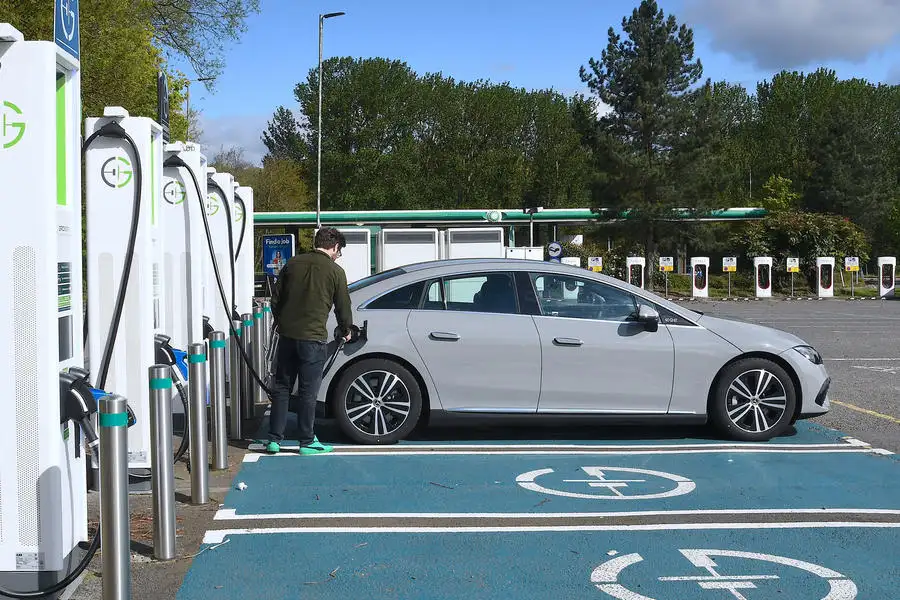Home charging for company car drivers is more complex, owing to the need to prove how the energy has been used. However, drivers can claim 7p per mile for business trips in electric vehicles, which is the easiest way to avoid administrative headaches.
Home wallbox costs
It’s possible to use the factory-supplied three-pin plug charger when refilling your EV’s battery cells, but charging times are lengthy and most manufacturers advise this method is for emergency use only.
Prices vary, but you can expect to pay £500-£1500 for a smart home wallbox that will communicate with your phone, allowing you to control it remotely.
If you’re a home owner in a single-unit property and haven’t yet bought an EV, a number of manufacturers are offering a free wallbox and installation when you buy one of their electric models.
Either way, if you’re committed to EV ownership and you have access to a driveway or garage, it’s always best to use a dedicated wall-mounted unit that can charge at up to 7kW, which is more than twice as fast as the three-pin alternative.
There are a number of different manufacturers to choose from, plus a choice of tethered (with a charging cable permanently attached) or untethered (allowing you to choose different sockets and cables for different cars) layouts.
Regardless of which one makes most sense for your EV, you will need a qualified electrician to check your household wiring is up to the task and then to install the box.
In England, renters and flat owners qualify for the government’s charge point grant, worth either £350 or 75% off the cost to buy and install a socket, whichever amount is lower.
Public charging costs

Public charging costs depend on where you charge and what car you have, because there are numerous options.
For kerbside charging, there are four types of public chargers: slow, fast, rapid and ultra-rapid.


